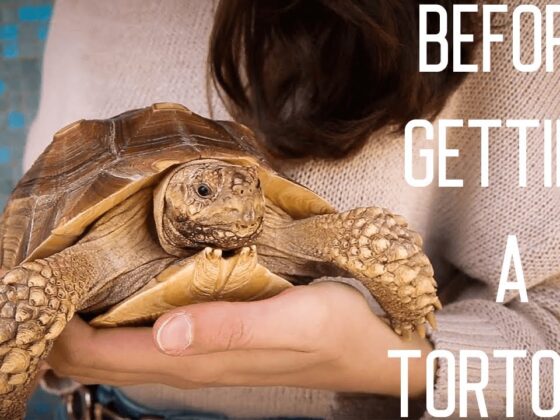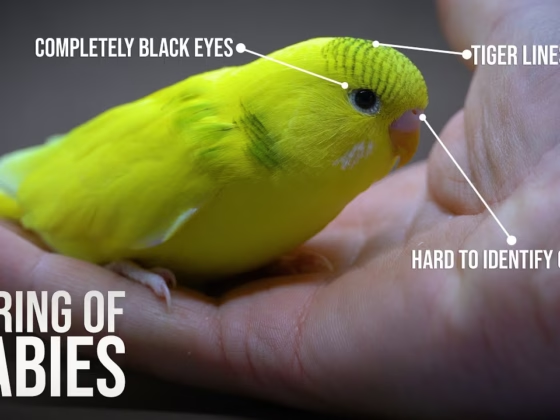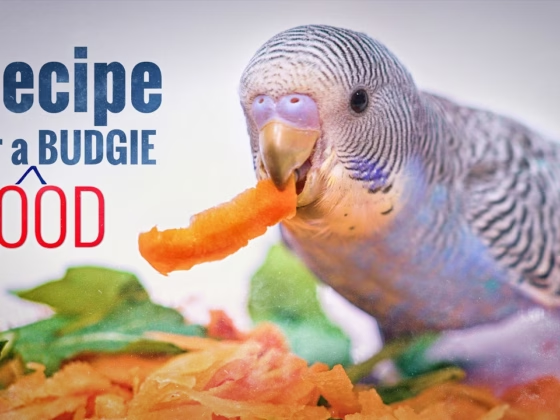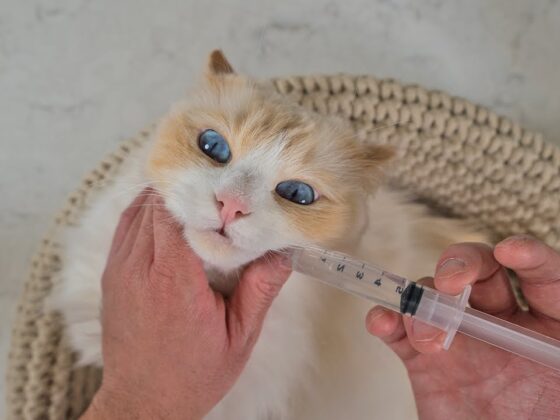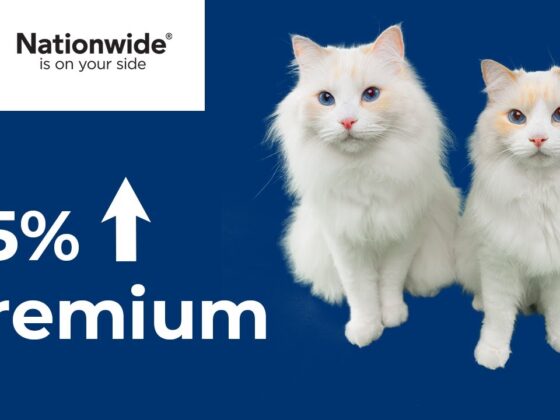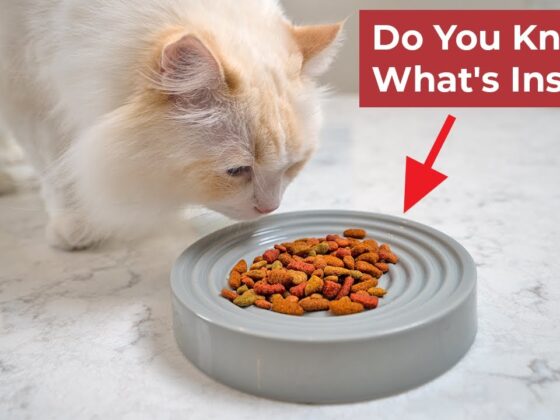Are you dreaming of owning a tortoise but worried about the cost of care? Or perhaps you already have a beloved shelled friend and are looking for smart ways to manage expenses?
Providing optimal care for your tortoise doesn’t have to drain your wallet. In this guide, as a pet owner, i’ll share expert, budget-friendly strategies for everything from food and housing to essential vet visits, ensuring your tortoise thrives while you save money. You’ll learn how to source supplies affordably, create enriching environments on a dime, and make informed decisions about your pet’s health without compromising quality.
Smart Solutions for Affordable Tortoise Care
Caring for a tortoise involves several key components, each offering opportunities to save money with a little creativity and research. Let’s dive into the practical tips shared by our expert, featuring Coconut, the active male tortoise!
1. Food Bowls: Durable & Economical
- Forget expensive pet store dishes. Terracotta bases are a fantastic, budget-friendly alternative.
- They are incredibly easy to clean, durable, and surprisingly aesthetically pleasing.
- You can find them at hardware stores or garden centers for a fraction of the cost.
2. Substrate: Non-Toxic & Cheap by the Bulk
- Topsoil is the most cost-effective and efficient substrate for tortoises.
- Crucial Tip: Always ensure it’s a non-toxic type and free of any fertilizers.
- Buying topsoil in bulk from garden centers or nurseries will significantly cut down costs compared to small bags from pet stores.
3. Lighting Fixtures: DIY for Savings
- Pet store light fixtures and domes can be surprisingly expensive.
- Visit your local hardware store for just the ceramic base of the fixture. You can often DIY a working fixture for much less.
- Some spotlight lamps don’t even require a dome, making the expensive domes redundant.
4. Enclosure: Custom & Creative Housing
- Tortoise Tables: Building your own tortoise table is often the best way to ensure it meets your tortoise’s specific needs and measurements. While initial material costs might vary, it offers long-term value and customization.
- Budget Alternatives: For a very cheap option, consider plastic tubs from dollar stores or hardware stores. However, exercise caution with see-through tubs, as tortoises don’t understand transparency and can get stressed.
- Concrete Mixing Tubs: These sturdy, opaque tubs (often found online or at hardware stores) are excellent, budget-friendly alternatives to traditional enclosures.
5. Food: Smart Sourcing & Seasonal Savings
- Hay (for grassland species): Always buy hay in bulk directly from farmers rather than small, expensive bags from pet stores.
- Wild Foraging (for smaller species): For species that eat herbs and dandelions, the cheapest way is to pick them yourself! Remember to be careful about the source and always wash them thoroughly before feeding.
- Vegetables & Leafy Greens: If foraging isn’t an option, buy these when they’re on sale at the supermarket or look for bulk deals. This applies to fruit-eating tropical species too.
- Food Pellets: While an initial investment, high-quality food pellets bought in bulk can be a great, long-lasting supplement, especially during winter when fresh forage is scarce.
6. Hides: Simple & Secure Spaces
- If you build a tortoise table, consider a built-in hide for a seamless, private space.
- Simple, cheap alternatives include a terracotta pot laid on its side, half a log, or even a small stick bridge.
7. Vet Bills: Research Before You Panic
Vet visits for exotic pets, like tortoises, can be very expensive. While you should never hesitate to go to the vet for serious illness (e.g., mucus from the nose, indicating a respiratory infection), many minor concerns can be addressed with prior research.
- Do Your Research: Before panicking and rushing to the vet for minor issues (like a day without eating), consult online forums and reliable tortoise care resources. Often, simple concerns can resolve themselves or have easy solutions.
- Be Prepared: Understand that exotic vets are not cheap. If the cost of potential emergency care truly scares you, “maybe this isn’t the pet for you,” as our expert cautions. It’s vital to be ready for these financial responsibilities.
For more insights on managing pet health costs, you might find our article on Nationwide Pet Insurance: A 4-Year Review – Is It Worth It? helpful, even if it focuses on dogs and cats, the principles of financial preparedness apply across all pets.
Final Thoughts: Informed & Intentional Tortoise Ownership
As our expert emphasizes, “do lots of research” — this is truly the cornerstone of owning tortoises on a budget. By making informed decisions about food, housing, supplies, and when to seek professional medical help, you can provide an excellent quality of life for your tortoise without unnecessary financial strain.
Have you tried any of these budget-saving tips for your tortoise? Or do you have creative ways to cut costs on pet care that you’d like to share? Let us know in the comments below! And if you found this video helpful, consider subscribing to Petiance for more pet care tips and inspiration.

